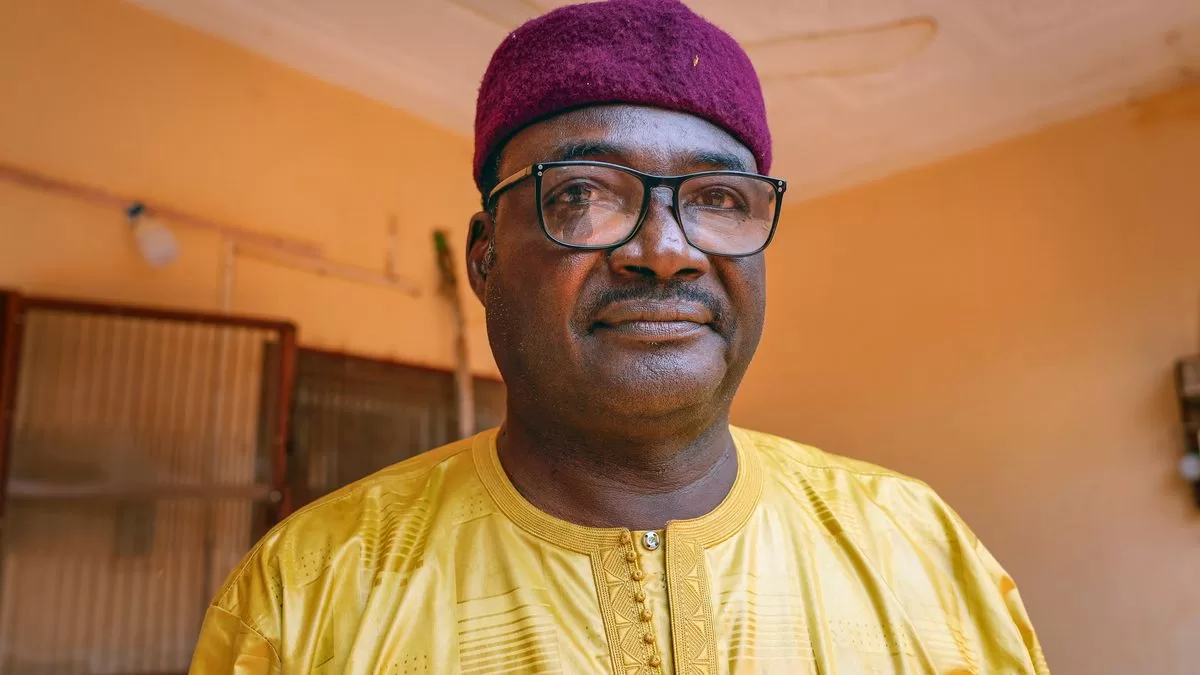Bochum.
The number of organ donors fell significantly in 2022. A conference in Bochum brings the opt-out solution back into play. The SPD wants to act.
Three years after the decision of the Bundestag to use a so-called decision solution for organ donations, “nothing has improved, absolutely nothing”. Prof. Richard Viebahn, head of the transplant center at the Knappschaftskrankenhaus Langendreer, complains about this. His appeal to put the objection solution back on the political agenda was supported at a day of action on the Bochum health campus over the weekend.
Organ donations: Decline in North Rhine-Westphalia is 18 percent
After years of discussions, a group of deputies led by the current Foreign Minister Annalena Baerbock (Greens) prevailed in early 2020 with the request to increase information about organ donations – for example when extending ID cards or visiting the family doctor. From 2024, whether an organ donation is permitted or not is to be registered in a central database.
The reform failed, states Richard Viebahn, who specializes in kidney and pancreas transplants at the university clinic in Langendreer. The current balance sheet of the German Foundation for Organ Transplantation (DSO) is sobering. According to this, the number of donations in 2022 fell by seven percent nationwide: from 933 to 869. In North Rhine-Westphalia the drop was even 18 percent.
Organ donation foundation: the will of the deceased is often unknown
DSO Managing Director Dr. Scott Oliver Grebe the Corona Pandemic. Demographics also play a role: potential organ donors tend to be older and sicker – with the corresponding medical contraindications.
“The most common reason why an organ donation does not take place is the lack of consent,” says Grebe, who, with the DSO, is the link between the 300 “harvesting clinics” and the transplantation centers across the country. “It is striking that the rejection in less than a quarter of the cases is based on a known written or oral will of the deceased.”
Experts: A contradiction solution would lead to a rethink
Instead, relatives often decided against organ donation out of uncertainty. “Therefore, our appeal is to make a decision during your lifetime, to document it with a donor card and to talk about it with your family,” emphasizes Grebe, who spoke to the participants of a day of action in the office of the “Network Organ Donation NRW” on Saturday the health campus counted.
The legislative changes of 2020 have not had enough time to take effect because of the pandemic. “Basically, I’m hoping for higher numbers of donors in the future,” says Grebe. Nevertheless, he is personally a supporter of the contradiction solution. Citizens must expressly say “no” if they are against organ removal after their death. Otherwise you will automatically become a donor. Grebe: “That would contribute to a rethink and to removing taboos and make organ donation a bit more normal. I would be happy if politicians would pick up the opt-out solution again.”
SPD MP announces new initiative in the Bundestag
The Bochum SPD member of the Bundestag, Axel Schäfer, agrees with the demand. “We will put the objection solution back on the agenda,” Schäfer announced to the WAZ. He knows that Federal Health Minister Karl Lauterbach is by his side.
Hurry is required. The waiting list of patients who depend on a donor organ includes 8,500 names: a kidney (6,700) at a great distance, followed by the liver, heart, pancreas and lungs. “Kidney patients are on dialysis for an average of eight years before a donor organ is available. Many don’t survive that,” says Richard Viebahn. That was “an indictment of Germany’s inadequacy”. In Spain, where the opt-out solution applies, the number of donors is five times higher.
More articles from this category can be found here: Bochum


